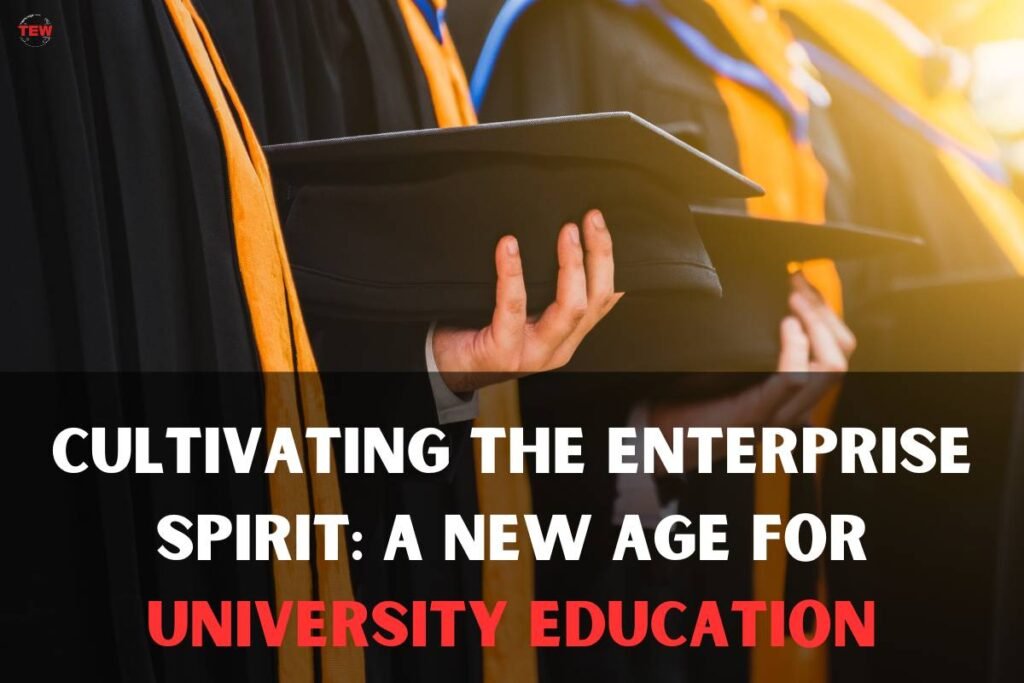Standing at the precipice of adulthood, countless young minds grapple with a pivotal question: what lies beyond high school? For many, the answer lies in the realm of postsecondary education, a diverse landscape encompassing universities, colleges, vocational schools, and online programs.
Yet, navigating this complex terrain can be daunting, filled with uncertainties and crucial decisions. Professionals and experts of personal statement writing service knows the importance of postsecondary education because it plays a major role in student’s career.
This article aims to demystify the world of postsecondary education, exploring its various pathways, benefits, and considerations to help you chart your own unique course
Beyond the Diploma: Unveiling Options
Postsecondary education isn’t a monolithic entity; it’s a spectrum of possibilities catering to diverse needs and aspirations. Let’s delve into some key options:
- Four-year universities: Traditional institutions offering bachelor’s degrees in various academic disciplines, fostering intellectual exploration and preparing students for careers or further graduate studies.
- Community colleges: Affordable, open-access institutions offering two-year associate degrees, vocational training, and transfer pathways to four-year universities.
- Vocational schools: Focused on providing specialized skills and training for specific trades and careers, often leading to industry certifications.
- Online programs: Offer flexibility and accessibility, allowing students to pursue degrees or certifications remotely via digital platforms.
Investing in Yourself: Understanding the Benefits
The decision to pursue postsecondary education requires careful consideration. However, the potential rewards are substantial:
- Enhanced Career Prospects: Higher education generally leads to improved job opportunities, increased earning potential, and greater career satisfaction.
- Personal Growth and Development: Engaging in academic pursuits fosters critical thinking, problem-solving skills, and lifelong learning abilities.
- Expanded Social Network: College campuses and programs offer opportunities to connect with diverse individuals, fostering friendships and professional networks.
- Increased Civic Engagement: Studies suggest higher education leads to greater civic participation and social responsibility and Postsecondary Education.
Choosing Your Path: Key Considerations
Before embarking on your postsecondary journey, ponder these crucial questions:

- Interests and Passions: What truly excites you? Aligning your education with your passions creates a more fulfilling and engaging experience.
- Career Goals: Where do you see yourself in 5-10 years? Research career paths and determine what education best equips you for your desired future.
- Learning Style: Do you thrive in traditional classrooms, enjoy online learning, or prefer hands-on experiences? Choose a program that resonates with your preferred learning style.
- Financial Considerations: Affordability is a major concern. Explore scholarships, grants, and work-study programs to minimize financial burden.
Beyond the Rankings: Choosing the Right Fit for Postsecondary Education
While college rankings hold some value, the “perfect” fit isn’t solely determined by prestige. Consider these factors in Postsecondary Education
- Campus environment: Does the atmosphere resonate with your personality and preferences? Urban, rural, or close-knit communities offer different experiences.
- Academic programs: Does the institution offer programs aligned with your interests and career aspirations?
- Financial aid and scholarships: Compare financial aid packages and scholarship opportunities across different institutions.
- Support services: Does the college offer resources like academic advising, career counseling, and mental health support?
Beyond the Classroom: Embracing Opportunities
Your postsecondary experience shouldn’t be confined to textbooks and lectures. Seek out:
- Internships and research opportunities: Gain hands-on experience, network with professionals, and explore potential career paths.
- Study abroad programs: Immerse yourself in different cultures, broaden your perspective, and gain valuable global skills.
- Clubs and organizations: Connect with like-minded individuals, explore new interests, and develop leadership skills.
- Volunteer opportunities: Give back to your community, develop social responsibility, and gain valuable experiences.
The Journey Continues: Lifelong Learning

Postsecondary education is not an ending, but a launching pad for lifelong learning. Stay curious, explore new skills, and continuously challenge yourself to grow. The knowledge and experiences gained will empower you to navigate the ever-evolving world with confidence and purpose.
Beyond the Individual: Addressing Challenges
While postsecondary education offers immense benefits, we must acknowledge challenges:
- Accessibility and affordability: Socioeconomic disparities create barriers to access. Advocacy for equitable funding and scholarship programs is crucial.
- Mental health concerns: The pressure to succeed can lead to anxiety and depression. Universities must prioritize mental health support services.
- Career preparation: Not all programs adequately prepare students for the workforce. Bridging the gap between academia and industry is essential.
While universities and colleges remain prominent players, the landscape of postsecondary education is expanding to accommodate diverse needs and aspirations.
Let’s explore some alternative pathways:
- Apprenticeships: Combine on-the-job training with classroom learning, earning industry certifications and valuable experience concurrently.
- Bootcamps: Immersive, intensive programs focusing on high-demand skills like coding, data analysis, and digital marketing, often leading to job placement assistance.
- Microcredentials and nanodegrees: Short-term, focused programs designed to develop specific skills relevant to industry needs, offering greater flexibility and affordability.
- Self-directed learning: Utilizing online resources, workshops, and independent projects to acquire desired skills and knowledge at your own pace.
Breaking Down Barriers: Fostering Inclusivity
Accessibility and inclusivity remain crucial challenges in postsecondary education. Here’s how we can move forward:

- Addressing financial barriers: Expanding scholarships, grant programs, and affordable tuition options ensures equitable access for all, regardless of socioeconomic background.
- Supporting first-generation students: Providing dedicated resources, mentorship programs, and cultural support empowers students from families unfamiliar with higher education.
- Promoting diversity and inclusion: Creating inclusive campus environments that celebrate different backgrounds, experiences, and identities fosters belonging and academic success.
- Investing in accessibility services: Ensuring accessible infrastructure, technologies, and support systems enables students with disabilities to participate fully in academic life.
The Future of Education: Embracing Innovation
- Lifelong learning: Encourage a culture of continuous learning and personal growth, empowering individuals to adapt and thrive in a rapidly changing world.
- Global citizenship: Fostering education that promotes cultural understanding, empathy, and collaboration to address global challenges.
- Sustainability: Integrating sustainability principles into curricula and operations, preparing future generations to build a more sustainable future.

Cultivating the Enterprise Spirit: A New Age for University Education
Modern higher education is evolving, and a burgeoning focus on cultivating entrepreneurial spirit among students is at the forefront of this evolution.
Social responsibility is encouraging graduates to apply their knowledge and skills to address social injustices and contribute to a more equitable society. Remember, your postsecondary journey is not just about securing a job; it’s about igniting your passion, expanding your horizons, and becoming a responsible and engaged citizen of the world. So, embrace the opportunities, navigate the challenges, and embark on a path that empowers you to shape your future and contribute to a brighter tomorrow.




